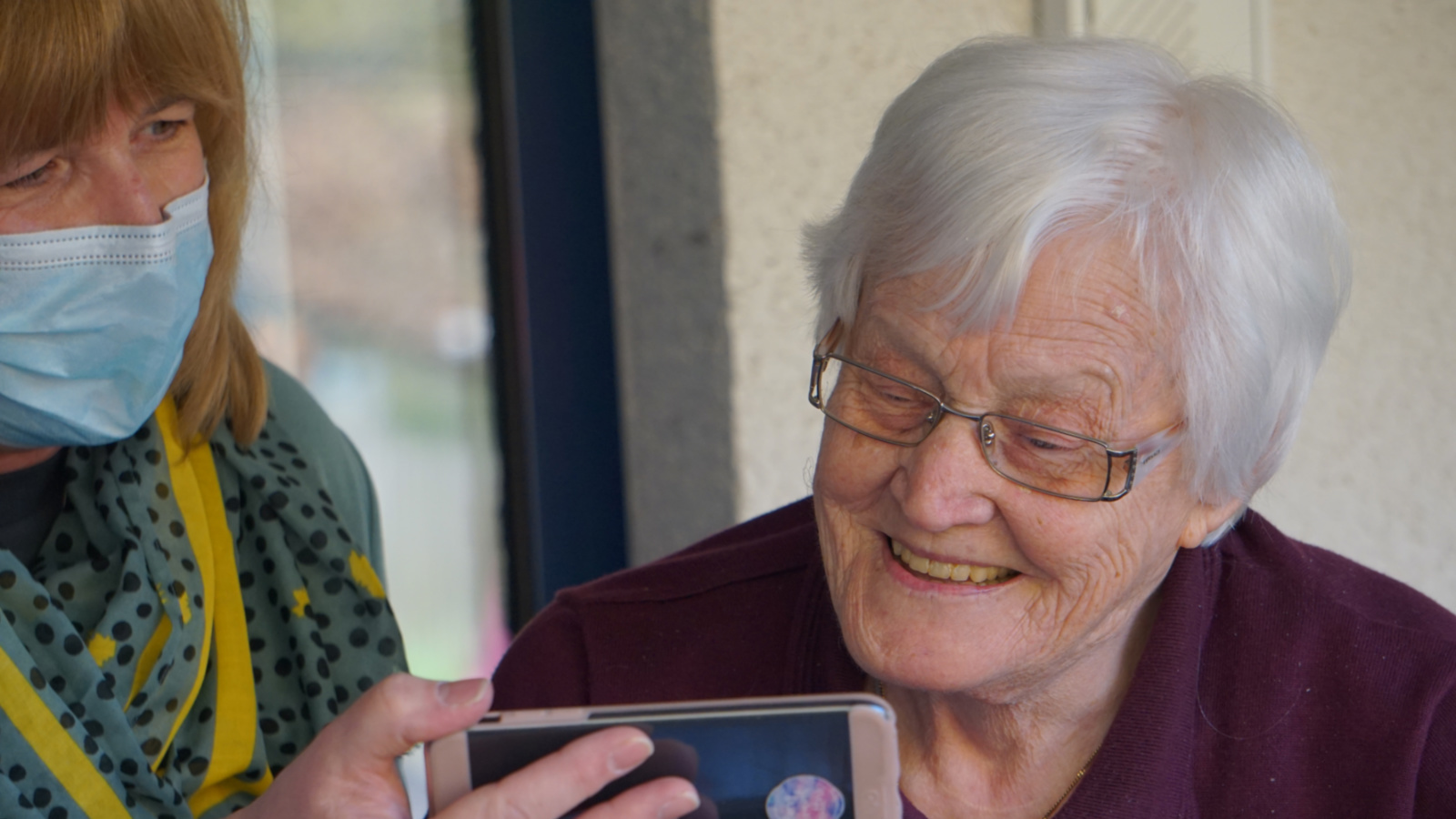Many elderly people living in long-term care facilities have not been allowed to receive visitors in almost a year. | Unsplash
Many elderly people living in long-term care facilities have not been allowed to receive visitors in almost a year. | Unsplash
Alzheimer's deaths in Michigan increased by double digits last year, compared to recent previous years, as the still-ongoing pandemic has forced sufferers of the disease into unprecedented isolation, according to Bridge Michigan.
That isolation may explain at least part of the increase, based on a report of state data analysis.
"A growing body of research suggests a link between extended isolation and poorer outcomes for seniors, posing a health risk much like smoking, obesity and physical inactivity. State death data from 2020 would seem to lend credence to the theory," Bridge Michigan said.

Dr. Sheria Robinson-Lane
| University of Michigan
There have also been similar increases in Alzheimer’s deaths nationwide last year. The New York Times reported about 446,000 more deaths last year (from all causes) than normal since the COVID-19 pandemic began.
"Normal" isn't what 2020 was about, and that certainly was true for Alzheimer's deaths in Michigan. The state reported an average of 4,100 Alzheimer’s-related deaths each year between 2014 and 2019. Last year, the state reported 4,838 Alzheimer’s-related deaths, an 18% jump over the previous years, according to Bridge Michigan. "Similar spikes were seen in deaths from strokes, aneurysms and diabetes among older residents," the website noted.
Understanding the link between isolation, loneliness and Alzheimer's deaths is important because of the hit such patients take to their emotional heath, which in turn has an impact on chemical and physical changes, according to Dr. Sheria Robinson-Lane, a University of Michigan gerontologist.
"You can't take a pill for loneliness," Robinson-Lane told Bridge Michigan.
Gov. Gretchen Whitmer, early in the pandemic, began issuing executive orders intended to slow the spread of COVID-19. By Feb. 1, Michigan had over 561,000 confirmed coronavirus cases and 14,609 deaths, with over 2,000 new cases reported daily, according to Michigan.gov.
Of those, more than 10,000 cases were confirmed in Muskegon County, where almost 300 have died, according to the state's coronavirus website. Muskegon County's population is about 172,000.
The state's coronavirus website does not provide the number of COVID-19 deaths related to Alzheimer's or dementia.


 Alerts Sign-up
Alerts Sign-up